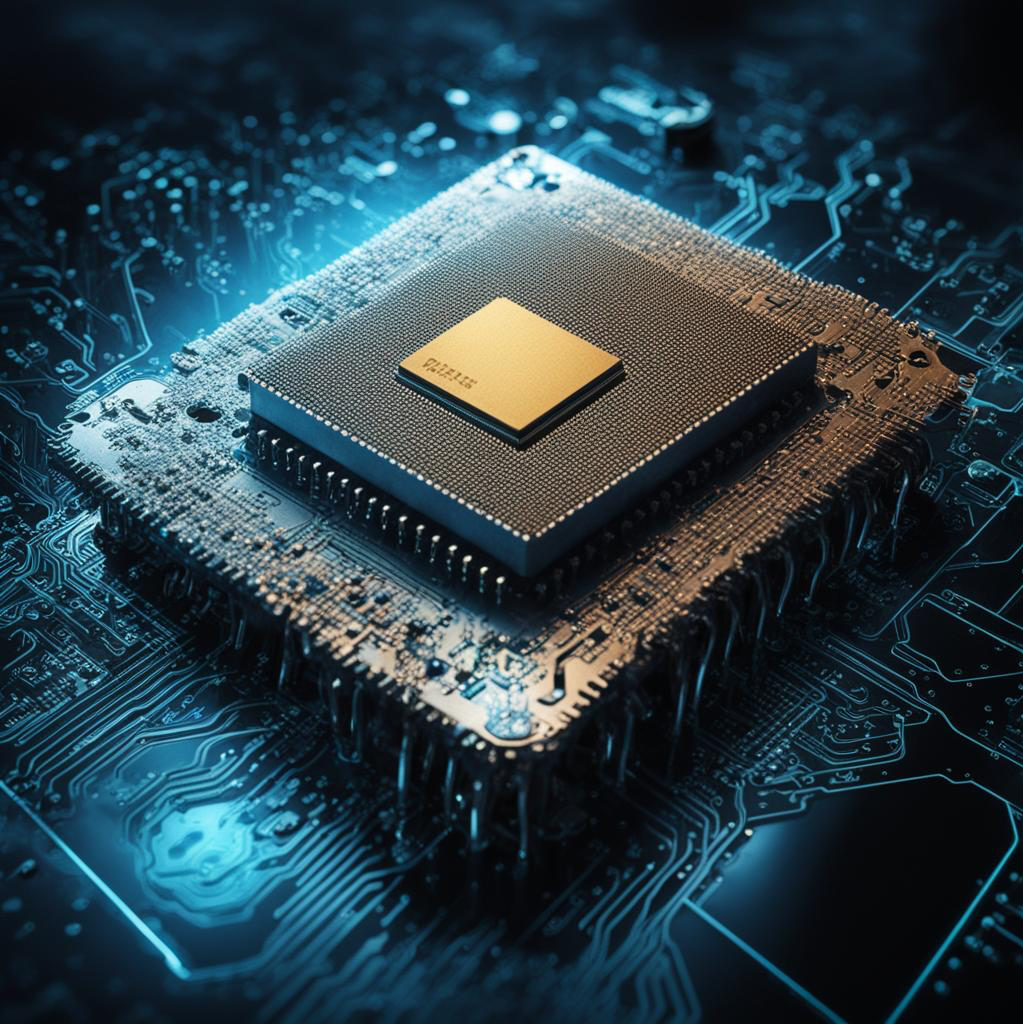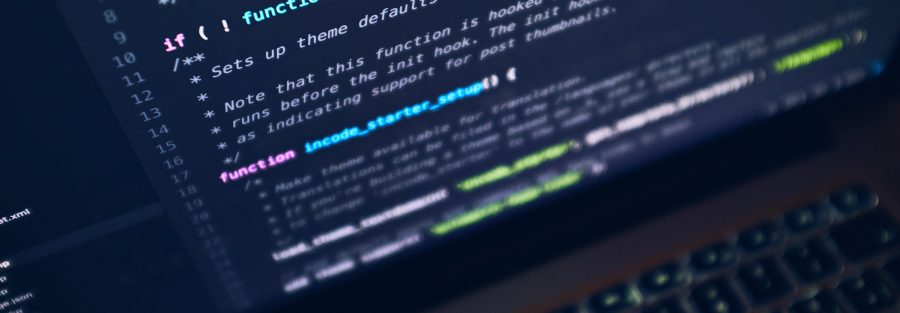Welcome to the world of events, where connections are forged, ideas are shared, and opportunities abound! Whether it’s a conference, trade show, or networking mixer, the power of networking cannot be underestimated. It is through these interactions that partnerships are formed, careers take off, and new horizons open up.
But in today’s fast-paced digital age, simply attending an event and exchanging business cards may not cut it anymore. Enter Artificial Intelligence (AI), a game-changing technology that has revolutionized various industries – including event networking. With AI at its helm, the art of connecting with like-minded individuals and fostering meaningful relationships has reached new heights.
We will explore how AI is transforming the landscape of event networking. We’ll delve into its impact on personalization and enhancing experiences for attendees. We’ll discuss the crucial role played by event organizers in incorporating AI to cultivate productive connections. But before we delve into all that excitement firsthand – let’s first understand what exactly AI brings to the table when it comes to events! So sit back and get ready to witness how technology can enhance your next networking adventure!

The Impact of AI on Event Networking
The impact of AI on event networking has been nothing short of revolutionary. With advancements in technology, event organizers are now able to leverage AI to enhance networking experiences and create meaningful connections among attendees.
One major way that AI is transforming event networking is through personalized recommendations. By analyzing data such as attendee profiles, interests, and past interactions, AI algorithms can suggest relevant people for individuals to connect with. This not only saves time and effort but also increases the chances of finding valuable contacts.
AI-powered chatbots have become an integral part of event networking. These virtual assistants can provide real-time information about sessions, speakers, and exhibitors while also facilitating conversations between attendees. They can answer questions, schedule meetings, and even initiate introductions based on shared interests or goals.
Another significant impact of AI in event networking is the ability to track engagement metrics in real-time. Organizers can gather data on attendee interactions via mobile apps or wearables which allows them to measure the success of their events more accurately. This information can then be used to make informed decisions for future events or tailor marketing strategies accordingly.
How AI Can Personalize and Improve Networking Experiences
In today’s fast-paced world, networking has become a crucial aspect of attending events. Making connections and building relationships is essential for personal and professional growth. However, with the rise of artificial intelligence (AI), networking experiences have been taken to a whole new level.
AI has the ability to personalize networking experiences in ways that were once unimaginable. By analyzing vast amounts of data, AI algorithms can match individuals based on their interests, industry, and even personality traits. This means that attendees are more likely to meet like-minded people who share common goals and aspirations.
AI-powered chatbots can facilitate introductions between attendees by suggesting potential matches and even initiating conversations. These chatbots act as virtual assistants, helping participants navigate through crowded events and ensuring they connect with the right people.
Another way AI improves networking experiences is through real-time data analysis. With AI algorithms constantly monitoring interactions between attendees, organizers gain valuable insights into engagement levels and attendee satisfaction. This allows them to make informed decisions on how to enhance future events or tailor offerings to better suit their audience’s needs.
AI can provide personalized recommendations for sessions or workshops based on an individual’s preferences or past behavior at similar events. Attendees no longer need to sift through overwhelming schedules; instead, they receive curated suggestions tailored specifically for them.
Despite these advancements in technology-assisted networking opportunities, there are potential challenges that must be addressed as well. Privacy concerns may arise due to the collection of personal data by AI systems. It is crucial for event organizers to ensure transparency in handling this information while prioritizing user consent and security measures.
Some individuals may still prefer traditional face-to-face interactions over digital introductions facilitated by AI tools. Striking a balance between technology-driven convenience and maintaining human connection is key when incorporating AI into event networking strategies.
The Role of Event Organizers in Incorporating AI for Networking
Event organizers play a crucial role in incorporating AI for networking to enhance the overall experience of attendees. By leveraging AI technology, event organizers can streamline the networking process, making it more efficient and personalized.
One of the key responsibilities of event organizers is to identify the right AI tools and platforms that align with their specific event objectives. Whether it’s using chatbots to facilitate virtual introductions or implementing matchmaking algorithms based on attendee preferences, choosing the right AI solutions can significantly impact the success of networking opportunities.
Another important aspect for event organizers is monitoring and analyzing data collected through AI-enabled networking platforms. By understanding attendee engagement patterns and preferences, organizers can make real-time adjustments during an event to improve networking experiences.
Incorporating AI into events also requires careful consideration of ethical concerns such as data privacy and security. Event organizers must prioritize transparency when collecting personal information from attendees while ensuring compliance with relevant regulations like GDPR or CCPA.
By embracing their role as facilitators of innovative technologies like AI in events, organizers have a unique opportunity to transform traditional networking experiences into dynamic interactions that foster meaningful connections among participants.
Potential Challenges and Drawbacks of Using AI in Event Networking
While there are numerous benefits to incorporating AI into event networking, it’s important to acknowledge the potential challenges and drawbacks that may arise. One such challenge is the issue of privacy and data security. As AI relies on collecting and analyzing vast amounts of personal information, there is a concern about how this data is stored, accessed, and protected.
Another challenge lies in the accuracy and reliability of AI algorithms. While they have certainly improved over time, there is still a possibility for errors or biases in the recommendations provided by AI systems. This can result in missed networking opportunities or connections that may not be as valuable as anticipated.
Some individuals may feel uncomfortable with the level of automation that comes with using AI for networking purposes. They might prefer more traditional methods where human interaction plays a more significant role.
Integrating AI into events requires investment in technology infrastructure and training personnel to understand its complexities. This can be costly both financially and time-wise for event organizers.
Over-reliance on technology could potentially lead to reduced face-to-face interactions during events. While AI can enhance efficiency, it should not replace genuine human connections which often occur organically through personal interactions.
Future Predictions for The Integration of AI in Events
The integration of AI in events is set to revolutionize the way we network and connect with others. Looking ahead, there are several exciting predictions for how AI will continue to enhance networking opportunities.
One prediction is that AI will become even more adept at understanding individual preferences and making personalized recommendations. Imagine attending an event where AI algorithms analyze your interests, past interactions, and social media activity to suggest relevant connections. This level of personalization can greatly enhance networking experiences, helping attendees make meaningful connections based on shared interests or goals.
Another prediction is that AI-powered chatbots will become increasingly prevalent at events. These chatbots can act as virtual assistants, providing information about sessions, exhibitors, or scheduling meetings with other attendees. They can also facilitate networking by suggesting potential matches based on attendee profiles or facilitating introductions between participants who have expressed mutual interest in connecting.
The future holds the potential for seamless integration of AI into physical spaces at events. Smart badges equipped with AI technology could enable real-time tracking of attendee movements and behaviors within a venue. This data could be used to create heat maps showing areas of high interaction or identify popular session topics for future event planning.
While these predictions offer exciting possibilities for enhancing networking opportunities with AI in events, it’s important to consider any potential challenges or drawbacks associated with its use. Privacy concerns surrounding the collection and storage of personal data must be carefully addressed by event organizers when implementing these technologies.
Embracing
As we have explored throughout this article, networking is a crucial component of any event. It not only fosters new connections and collaborations but also enhances the overall experience for attendees. With the advent of artificial intelligence (AI), the landscape of event networking is undergoing a transformation.
AI has brought about exciting possibilities for personalization and improvement in networking experiences. Through AI-powered matchmaking algorithms, attendees can be connected with like-minded individuals based on their preferences, interests, and goals. This level of customization ensures that every interaction holds value and potential for meaningful connections.
Embracing the power of AI in event networking opens up a world of possibilities where connections are optimized leading to enhanced collaboration opportunities among attendees at events large or small.
So let us embrace this transformative journey together as we continue leveraging artificial intelligence to unlock endless potential within our events’ networked communities.


